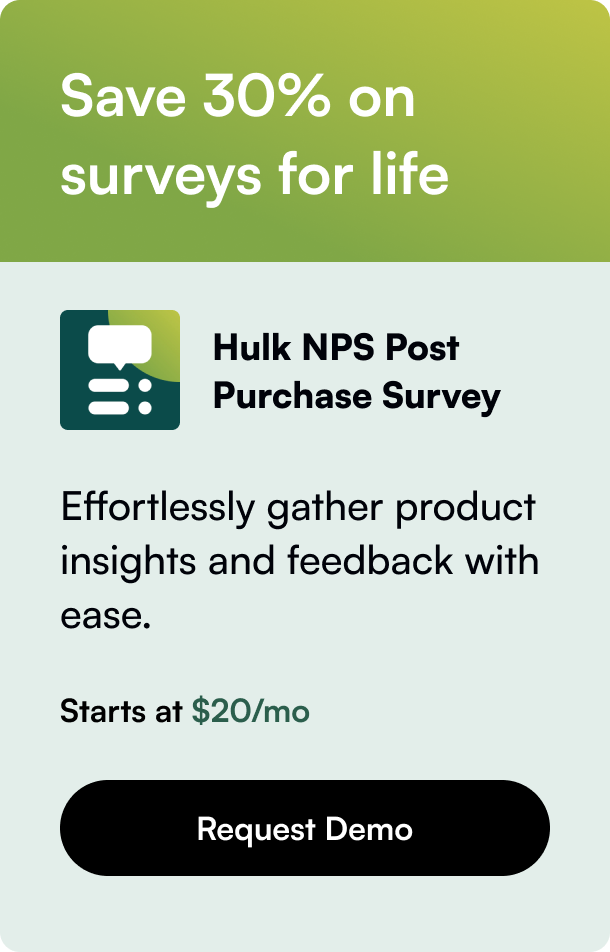Table of Contents
- Introduction
- The Significance of a Privacy Policy for Your Shopify Store
- Initial Steps to Creating Your Shopify Privacy Policy
- Positioning Your Privacy Policy
- Conclusion: Solidify Trust and Comply with Laws
Introduction
Are you a Shopify store owner confronted with the task of generating a robust and compliant privacy policy? As the online world gravitates more towards data protection and privacy, crafting a concise and reliable privacy policy has become crucial for maintaining customer trust and legal compliance. In this article, you’ll learn the nuts and bolts of creating a privacy policy tailored for your Shopify store that not only meets legislative demands but fosters customer confidence as well.
The Significance of a Privacy Policy for Your Shopify Store
In the era of cyber sophistication, with legislation like GDPR, CCPA, and others setting the benchmark for data privacy, having a robust privacy policy is non-negotiable. Not only is it a requisite for legal compliance, but it stands as a testament to your commitment to safeguarding customer data—often the bedrock upon which consumer trust is built. Whether you’re collecting basic contact information or tracking user behavior through cookies, a well-constructed privacy policy addresses the intricacies of data usage, protection, and customer rights.
Initial Steps to Creating Your Shopify Privacy Policy
Perhaps the most elemental aspect of creating your privacy policy is understanding what data you’re collecting and why. Personal data can encompass names, addresses, email ids, payment information, and even IP addresses. The purpose of collection might be as straightforward as order fulfillment or as complex as analytics-driven marketing strategies.
Once you have the baseline data collection footprint of your Shopify store, it’s time to look into how you can create a bespoke privacy policy.
Utilize Shopify’s Built-In Policy Generator
Shopify simplifies the process of policy creation with its built-in policy generator, optimized for its platform. Here’s how to access and use it:
- In your Shopify admin panel, navigate to ‘Settings’ and then to ‘Policies’.
- You will see an option to ‘Create from template’—this will generate a basic privacy policy template.
- While convenient, this template serves as a scaffolding. You must tailor it to reflect your store’s specific practices.
Amplify Your Policy with Additional Details
Align your privacy policy with specific regulations by including these critical elements:
- What personal data you collect
- The specific use cases of collected data
- How you store and protect data
- Assurance about not misusing customer data
- Transparency about third-party data sharing, if any
- Info on data retention periods
- Customer rights regarding their data
Customizing the Policy to Echo Your Tone and Brand
In an ocean of cookie-cutter policies, personalizing your privacy statement can distinguish your brand. Use plain language, integrate a friendly tone, and embody your brand’s ethos. Legalese may sound comprehensive, but transparency in simpler terms objectively resonates more with customers.
Translation and Localization
Given that Shopify hosts a global storefront, accommodating various languages and respecting local privacy laws cannot be overstated. Local legal advice is often the safest runway to customizing your policies to different jurisdictions.
Positioning Your Privacy Policy
A crux—yet often overlooked—facet of policy creation is its placement on your online store. The footer of your website is a traditional spot for linking to your privacy policy—accessible, yet unintrusive.
Updating and Maintaining Your Policy
Updating your privacy policy isn’t just about rote procedure; it’s essential for real-time compliance as data handling practices evolve or as new laws come into force. Schedule audits and revisions, and communicate updates transparently to maintain a trust plaque with your users.
Conclusion: Solidify Trust and Comply with Laws
A privacy policy is significantly more than a static legal requirement—it's a dynamic, engaging element that reflects your brand's dedication to user confidentiality. It becomes vital in expressing that you value and protect your customer's personal data. As you infuse care and regular upkeep into your privacy policy, you cultivate a culture of trust and respect—key components in the anatomy of a thriving online retail space.
FAQs: Addressing Common Concerns
-
What happens if I don't have a privacy policy on my Shopify store? Failure to provide a privacy policy can lead to severe penalties, including fines, and irreparably damage customer trust.
-
How often should I review and update my privacy policy? Best practice dictates reviewing your policy at least annually or whenever you incorporate changes in your data handling practices or when privacy laws are updated.
-
Can my privacy policy be the same as another store? It’s imperative to customize your policy to align with your specific practices and not duplicate another’s which could lead to inaccuracies and potential legal issues.
Striving to guarantee privacy with a comprehensive policy is not merely a legislative hoop to leap through—it empowers your customers and enriches their experience, knowing they shop with a store that values and protects their digital presence.








